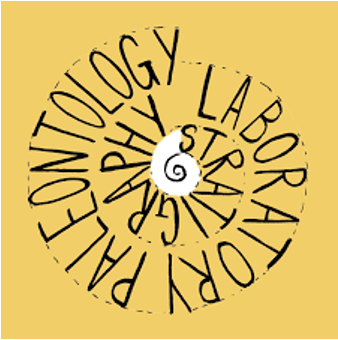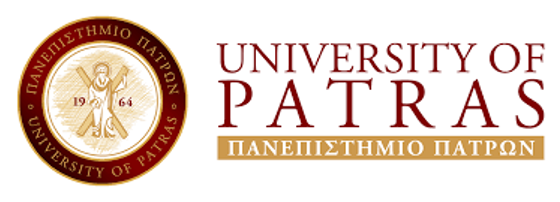The course is designed to provide an overview of the taxonomy, (palaeo)ecology, biodiversity, geological history and applied biostratigraphy of ostracods. It is intended for young scientists and industrial staff interested in micropalaeontology, palaeoceanography, palaeoclimatology, biology and environmental applications. We will focus on methods and concepts of ostracodology including systematics, biostratigraphic applications, ecology and life history spanning their fossil record from the Paleozoic to the Holocene and covering the recent fauna as well. Case studies from marine and continental systems as well as practical training for identification, preparation, documentation and analysis will be an important part of the course. ESO also is on facebook!
Check Details of our 2024 Program
Who should attend?
The course is primarily intended for young researchers at the PhD or MSc. stages of their careers and industrial staff who intends to work with ostracods or just started to do so. People holding a postdoctoral position are also welcome. The number of participants will be limited to thirty.
Lecturers in 2024
- Dr Marie-Béatrice Forel, Muséum national d’Histoire naturelle, Paris
- Prof Peter Frenzel, Geosciences, University of Jena
- Dr Björn Holstein, DEA AG, Wietze
- PD Dr Renate Matzke-Karasz, Earth- and Environmental Sciences, LMU München
- Prof Steffen Mischke, Earth Sciences, University of Iceland
- Dr Anna Pint, Geosciences, University of Jena
- MSc Olga Schmitz, MPI-GEA Jena
- Dr Theodora Tsourou, Geology and Geoenvironment, University of Athens
- Dr Anton Waltschew, Nuremberg
Registration
Registration is OPEN as of December 2023
Fees (include course material, lectures & lunches)
- 150 € for students
- 300 € for Universities/Government
- 1500 € for participants from private industry/company
Please, note that the financial benefit of the course will fund future activities of SF*IRGO (learn more about us).
To register, please send an email including your name, address, and career status to the ESO-organizers: eso@uni-jena.de. The places will be filled on a first-come, first-serve basis.
Payment
If your registration was successful, you will receive information about how to pay your admission fee. This will be either by bank transfer or by using PayPal. For any payment, please include as payment purpose: “ESO 2024, participation fee for NAME, and CAREER STATUS (student, PostDoc, employee in private industry)”. Please do not send money to the email address above!
Cancellation and no show
By payment you accept our cancellation and no-show policy. We are not able to reimburse any paid fees, however course material will be made available.
Stipends, Grants, other Support
Sorry, it is no longer possible to apply for the TMS and PAGES grants!

The European School on Ostracoda is an acknowledged course by the Micropalaeontological Society (TMS), London, UK. We are very proud that TMS provides one or two student stipends of up to 500£ for the participation in ESO9 (2024).

Furthermore, PAGES (Past Global Changes) provides travel support for early-career researchers and/or researchers from low- and middle-income countries. Please, contact us if you think you are eligible for this grant and would like to apply for it.
The organizers thank the local hosts, Prof George Iliopoulos and Dr Penelope Papadopoulou of the department of Geology of the University Patras, for their tremendous support in preparing ESO9.


